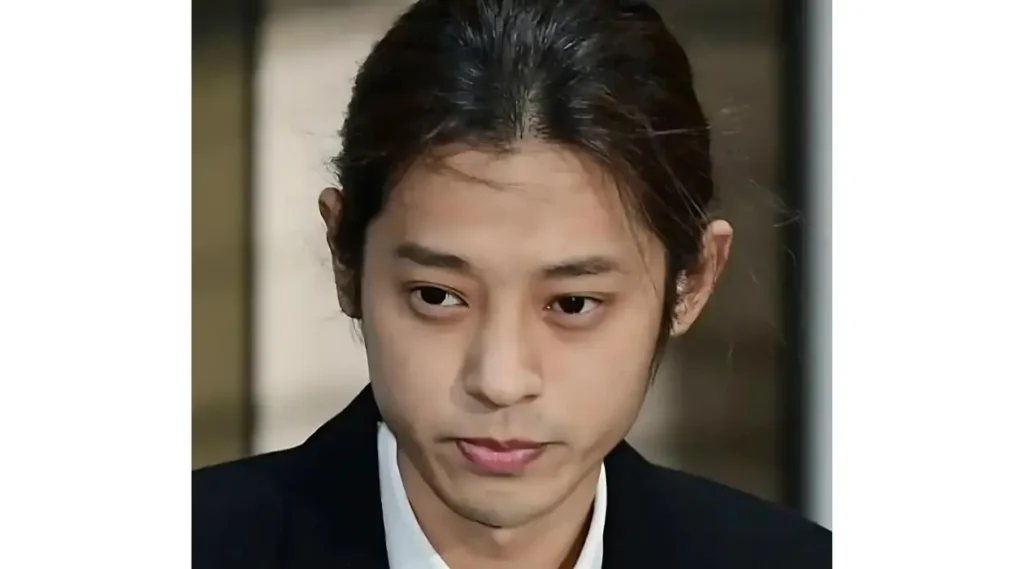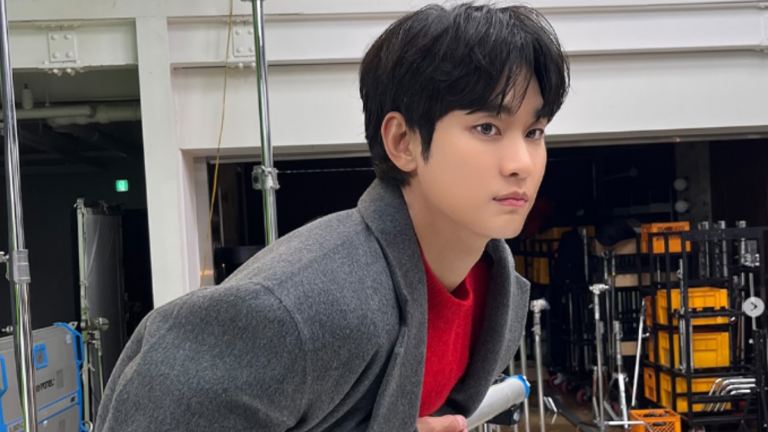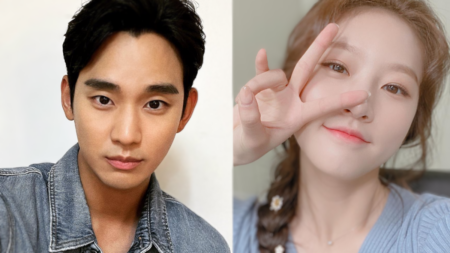Table of Contents:
Why Kim Soo-hyun’s press conference sparked public backlash
On March 31, 2025, actor Kim Soo-hyun held a press conference to address rumors involving the late Kim Sae-ron. However, the format immediately drew criticism: no Q&A was allowed. The public quickly pointed out similarities to previous celebrity scandals in Korea where question-free press conferences signaled evasion rather than accountability.
Social media and news comment sections filled with remarks like, “If he has nothing to hide, why avoid questions?” The tone of the event felt more like a damage-control announcement than a sincere attempt to clarify the truth.
Park Yoo-chun: Denial, drug test, and public fallout

In 2019, Park Yoo-chun denied drug allegations in a press conference, claiming he had “never used drugs.” Like Kim Soo-hyun, he refused to take questions. Days later, a national forensic lab confirmed methamphetamine in his system.
Park was sentenced to 10 months in prison, suspended for 2 years, and removed from the entertainment industry. Although he attempted a comeback in Japan in 2024 with an album and tour, Japanese media and fans criticized him heavily. His previous scandals—including drugs, sexual allegations, and tax issues—resurfaced, making his rebranding efforts ineffective.
Jung Joon-young: A false narrative exposed through evidence

In 2016, Jung Joon-young denied illegal filming accusations, stating the videos were consensual and deleted. Again, the press conference was closed to questions. Initially, the matter seemed resolved.
However, in 2019, during the Burning Sun scandal, authorities revealed that Jung had secretly filmed multiple women and shared the videos in a group chat. He received a six-year prison sentence, and public opinion turned drastically against him. What was once seen as regret became viewed as manipulation.
Repeating patterns of denial and mistrust in K-celebrity cases
There is a clear pattern: No questions, strong denials, and eventual exposure. These high-profile cases have trained the Korean public to be skeptical of one-way press conferences, especially when controversy is involved.
For Kim Soo-hyun, the choice to avoid journalist questions cast immediate doubt on his intentions. The format felt more like a scripted deflection than an honest confrontation of rumors.
Public trust is rebuilt through transparency, not scripts
A sincere apology isn’t measured by the length of a statement—it’s shown by a willingness to engage, clarify, and accept accountability. Park and Jung both avoided questions and were later exposed. Their careers never recovered.
If Kim Soo-hyun hopes to avoid the same fate, he will need to demonstrate authenticity, not just words. His next moves—how he communicates, what he reveals, and how transparent he is—will determine whether public trust can be restored.







